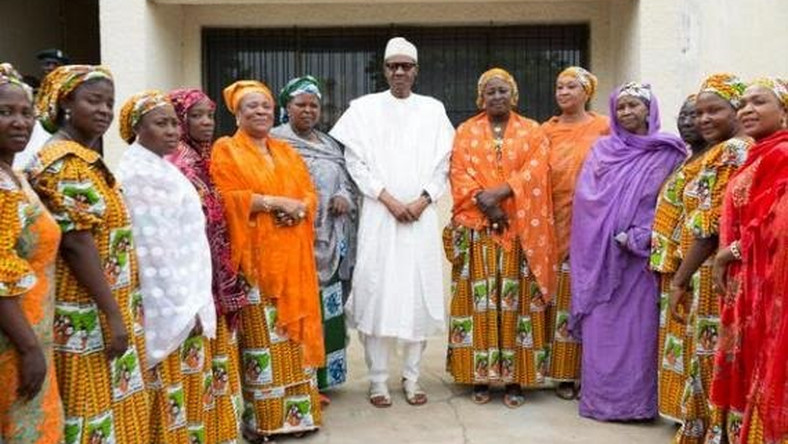There are no products in your shopping cart.
| 0 Items | £0.00 |

 FEMALE campaign group Nigerian Women Movement (NWM) plans to take the federal government to court in a bid to force it to allocate 35% of all appointments to ladies under the country's affirmative action programme.
FEMALE campaign group Nigerian Women Movement (NWM) plans to take the federal government to court in a bid to force it to allocate 35% of all appointments to ladies under the country's affirmative action programme.
Following Nigeria's recent elections, President Muhammadu Buhari and 29 state governors are expected to announce their cabinets soon. There is an agreement, although not constitutional that 35% of all federal and state appointments should go to women but so far, this had by and large been ignored.
Of Nigeria's 36 state governors, none are female and in the National Assembly, less than 10% of lawmakers are women, giving the country one of the lowest ratios across Africa. Eager to address this with appointments pending, NWM is set to challenge the refusal of the successive governments to implement the 35% affirmative action in court.
According to the group, the non-inclusion of women in governance has left Nigeria at the lowest ebb amongst nations demonstrating a meaningful representation of women in governance. The Nigerian Women Trust Fund, which is championing the legal process, said the plaintiffs would include a broad range of women groups from the academia, trade unions, professional women, market women, civil society organisations, community-based organisations and men who are gender sensitive.
It added that the exclusion of women in governance as due to the absence of the minimum requirement of 35% affirmative action as stipulated in Nigeria’s National Gender Policy of 2006. Yusuf Ali, Femi Falana, Anselm Odinkalu, Miannaya Essien, Victoria Awomolo and Funke Adekoya are among the lawyers they are said to have contacted to pursue the case.
According to the Inter Parliamentary Union, Nigeria occupies the 180th position amongst 193 nations of the world in terms levels of representation of women at the national parliament. There are indications that President Buhari may send the list of his ministerial list to the senate next month and it is hoped that the action will affect his choices.
A former minister, who served in the first term of this government, said he believed that the president would send the list in order to avoid the mistake of the past when he waited for six months to appoint ministers. He added that the president was aware of the schedule of the senate as senators are expected to begin a two-month break on July 26.
National Assembly members will resume next week Tuesday on July 2 and sit for three weeks after which they will proceed on their annual two-month vacation from July 26. This means that if the president fails to submit the ministerial list to the senate before July 26, the nation may have to wait till the end of September to know the new cabinet members.